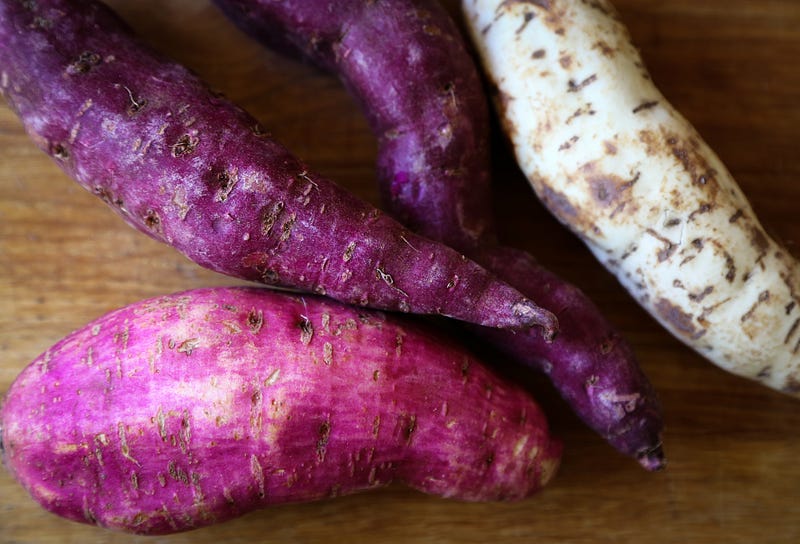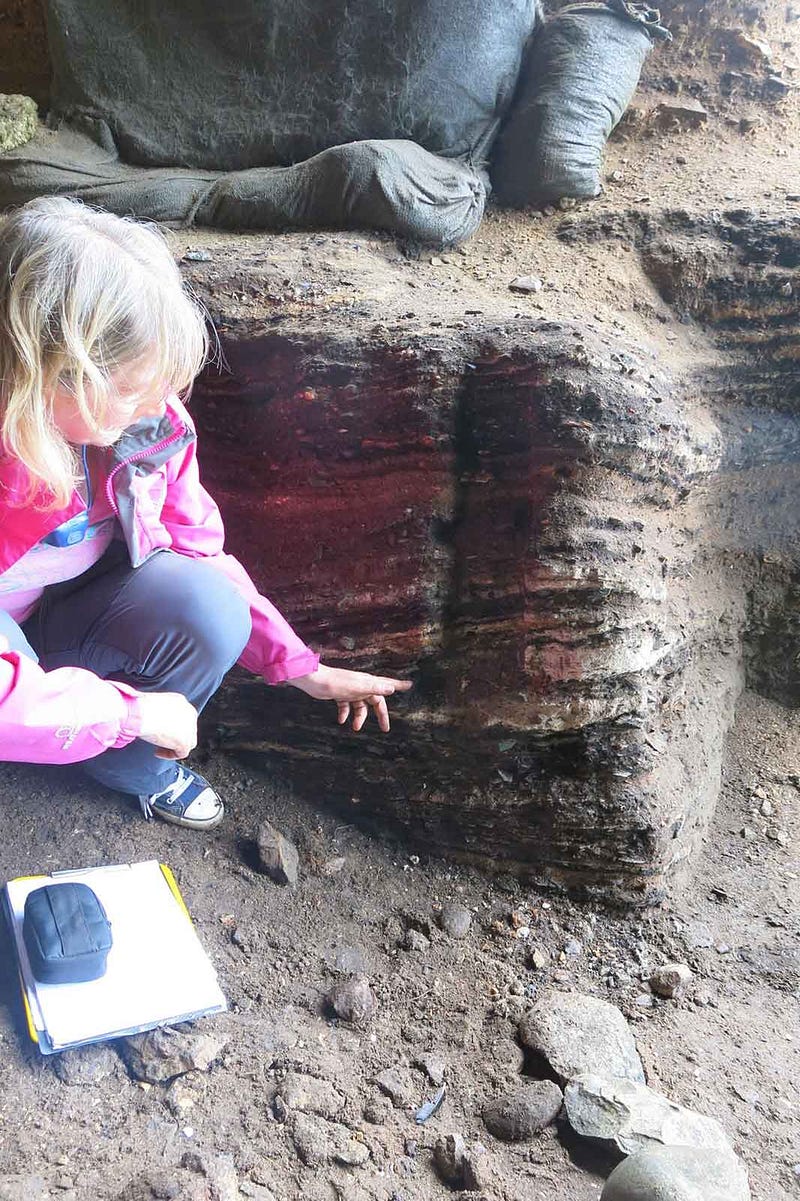Evidence of Early Human Cooking Practices Uncovered
Written on
Chapter 1: Cooking and Early Human Diet
Recent discoveries indicate that our ancestors were utilizing fire to cook starchy tubers much earlier than previously thought. This significant finding suggests that the practice of roasting tubers, akin to modern potatoes, dates back over 120,000 years, providing essential nutrition and possibly facilitating human migrations.

According to a study led by archaeologist Cynthia Larbey from Cambridge University, remnants of charred tubers were unearthed at the Klasies River site in South Africa. This research, published in the Journal of Human Evolution, reveals the earliest evidence of Homo sapiens cooking carbohydrates. These findings contribute to a broader understanding of the dietary evolution of our species.
Section 1.1: The Significance of Cooking Starches
Humans inhabited coastal caves in South Africa more than 100,000 years ago, thriving amidst rich biodiversity. They engaged in various activities, from crafting tools to creating decorative items. The recent findings from the Klasies River site shed light on their dietary habits, particularly their consumption of carbohydrates, which are foundational in many modern diets.
Subsection 1.1.1: Discoveries from the Klasies River Site
Larbey’s team utilized micromorphology techniques to analyze the cave's layers, leading to the discovery of small fire pits containing charred plant remains. This analysis indicates that the tubers were intentionally roasted rather than accidentally dropped into the fire.

“When fresh food is cooked, the steam escapes, altering its cellular structure,” Larbey explains. This distortion observed under an electron microscope confirmed that these tubers were deliberately cooked, highlighting their role in the diet of early humans.
Section 1.2: Nutritional Implications
The ability to cook tubers likely provided critical sustenance for early modern humans, especially as hunting proved to be a challenging and uncertain means of obtaining food. Larbey believes that mastering the identification and preparation of edible plants was essential for survival during their migrations.
Chapter 2: The Evolution of Diet
The first video, 2010 Paul D. Bartlett, Sr. Lecture - Catching Fire: How Cooking Made Us Human, delves into how cooking transformed human evolution and dietary practices.
The second video, What's Cooking?: The Meat and Potatoes of Human Evolution, explores the integral role of cooking in the dietary evolution of our ancestors.
The researchers argue that the consumption of cooked starches not only provided a more accessible form of energy but also supported the development of larger brains in humans. While a meat-based diet has been recognized for its importance in brain growth, this research emphasizes the role of easily digestible carbohydrates as equally crucial.
As studies continue to uncover the complexities of early human diets, it appears that our ancestors were not only adaptable but also engaged in a diverse array of food sources, much like modern humans today. Sarah Wild is a freelance science journalist based in South Africa, and this article was originally published at www.sapiens.org on June 21, 2019, later republished at discovermagazine.com.